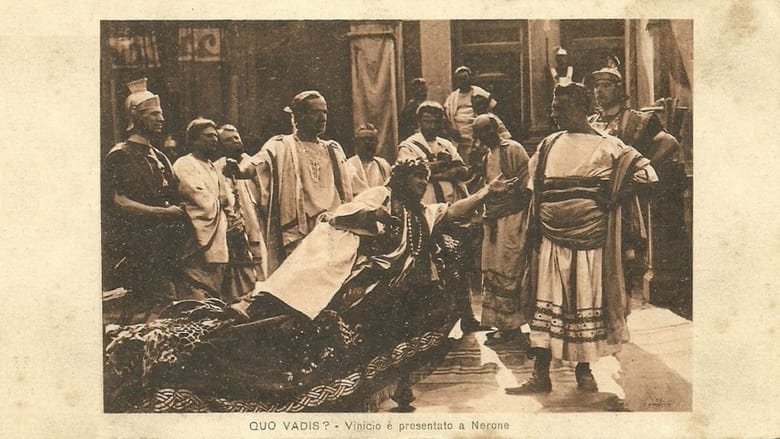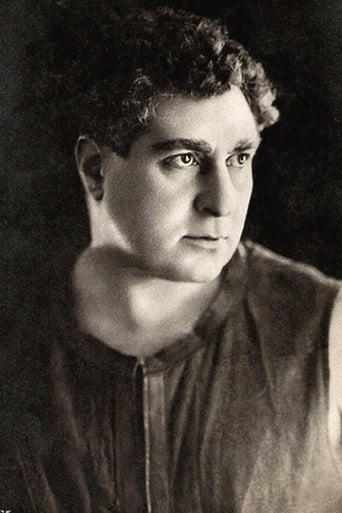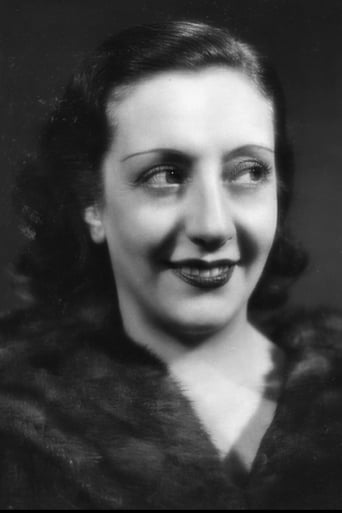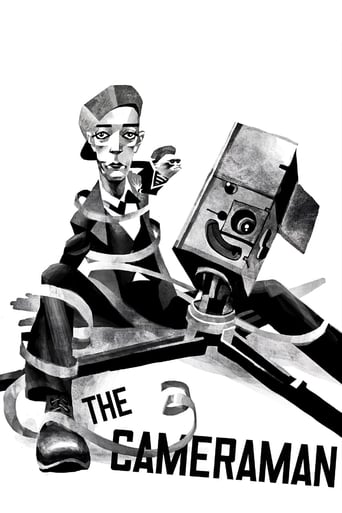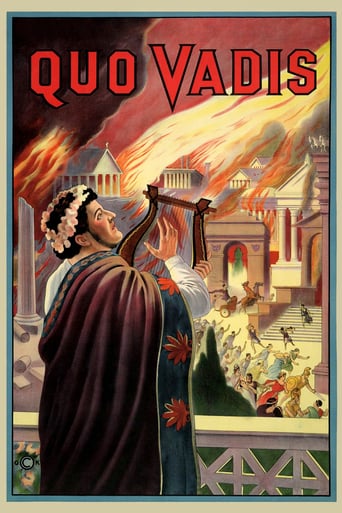
During the latter years of the reign of the tyrannical Roman emperor Nero, Marcus Vinicius, one of Nero's officers, falls in love with a young Christian named Lygia, attempting to enslave her. Lygia's protector, the noble and burly Ursus, works to save her from Vinicius' clutches. Pursuing Lygia, Vinicius finds himself at a catacomb prayer meeting led by the apostle Peter and finds his conscience stirring-- just as Nero orders Rome burned. A landmark in epic film, Enrico Guazzoni’s grand-scale masterpiece laid the foundations for what colossal Italian spectacles would become. The film had tremendous influence on Giovanni Pastrone’s Cabiria (1914) and D.W. Griffith’s Intolerance (1916).
Similar titles
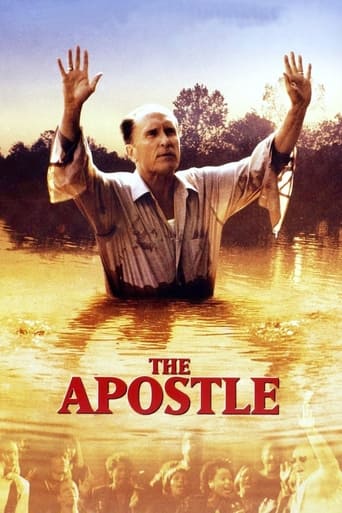

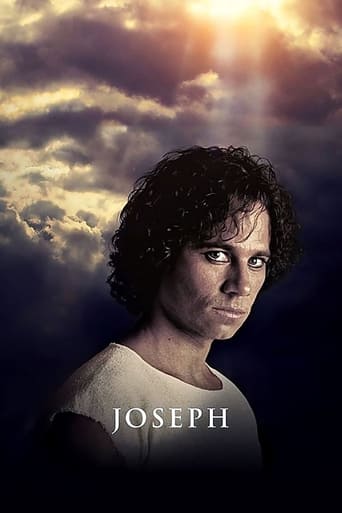
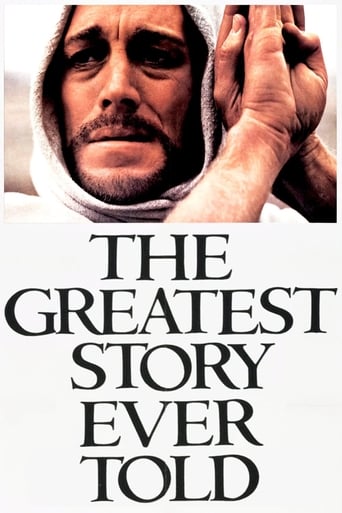
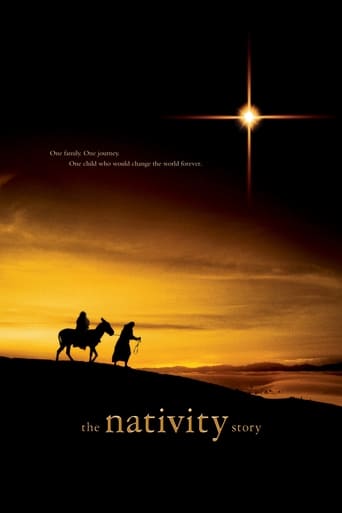

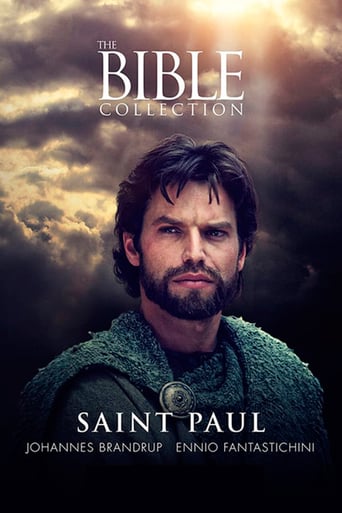
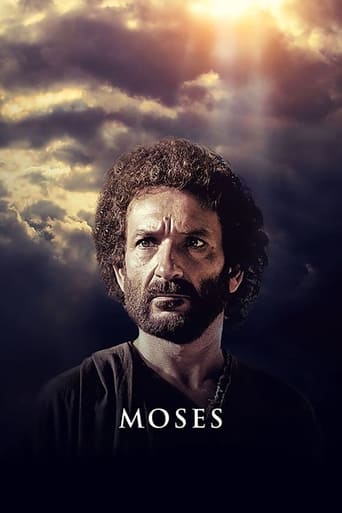
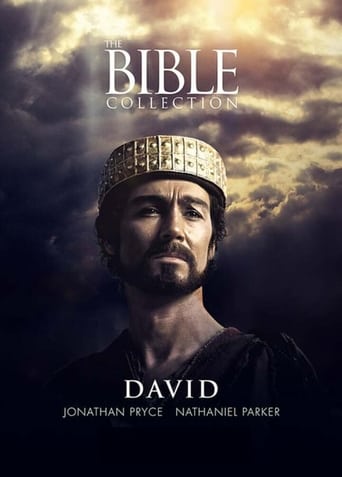

You May Also Like
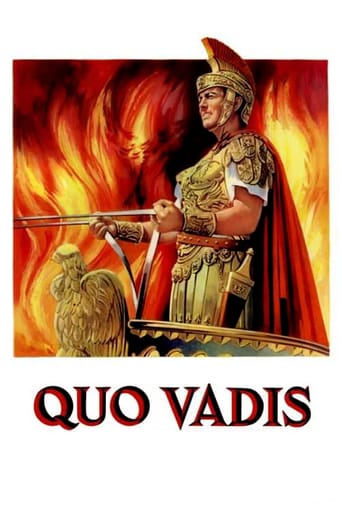

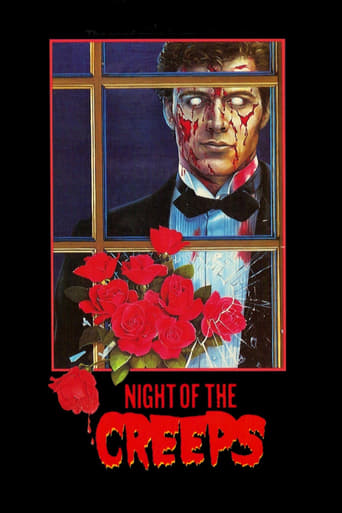

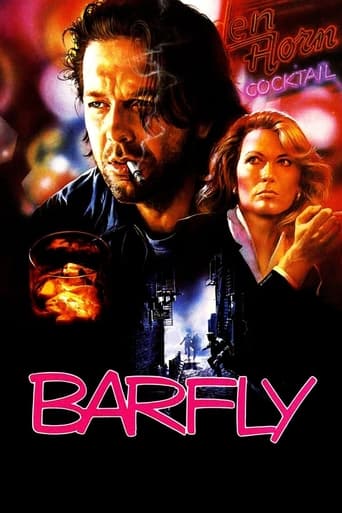
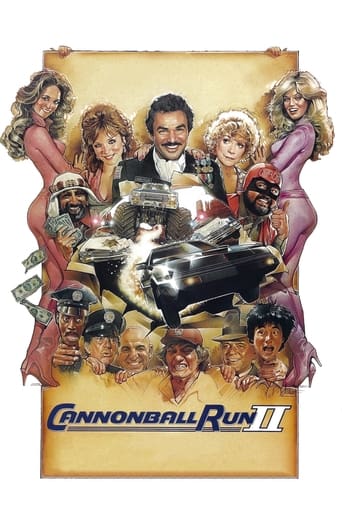
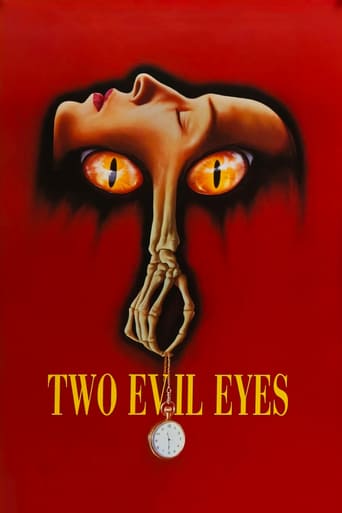

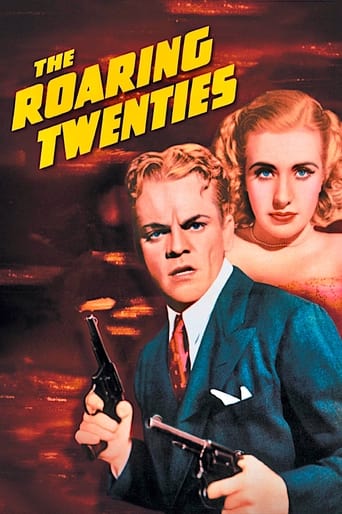
Reviews
not horrible nor great
A very feeble attempt at affirmatie action
This is a tender, generous movie that likes its characters and presents them as real people, full of flaws and strengths.
Like the great film, it's made with a great deal of visible affection both in front of and behind the camera.
Perhaps the best film made to its date, 'Quo Vadis?' is an astonishing masterpiece. At a time in which most movies comprised 2 reels (running for about 20-24 minutes) this early feature was certainly the best epic film till 'Cabiria' (1914) was released. Based on the memorable novel written by Henryk Sienwiewicz, this adaptation is more faithful to the book than the 1951 MGM version (this version was called 'Quo Vadis' without the final ?, for it was thought to be bad luck an interrogation mark at the end of a title). I haven't seen the 2001 polish version yet, which was submitted to the Academy Awards (but not nominated) as Best Foreing Language Film but, since it didn't get very positive reviews, I'd dare say this 'Quo Vadis?' is the very best of them all.First of all 'Quo Vadis'? was originally released in 1912 not in 1913, it premiered all over the world in 1913: USA, Spain, Poland, France... But the original Italian release was in 1912. Now, over a year ago the existence of this film was unknown by many people who were asking over and over whether or not this one was available. There was only one review on the film here and the IMDb claimed it was a lost film so there was a lot of talk about it! Nothing further from the truth, ever since I uploaded it on youtube, doubts have been vanished.'Quo Vadis?' is a maserpiece for its date. The portrayal of Nero and all the characters is very accurate, the epic scenes with Rome in the background or the circus, extras, dialogs... Everything is awesome! The dialogs especially are very accurate too, saying as much as needed to make the complex story understandable, not saying too much but not too little either, just the right words. If you're into early film history this is certainly a must-see!! If you like epic movies, roman atmosphere, this kind of literature or whatever topic related to this particular movie this is a must-see. And if you aren't into silent films but you'd ever consider watching one, this is a good choice. Though not as good as Caligari, Potemkin or Nosferatu (after all film techniques would evolve a lot within the next few years), very worth watching either way.
In the brief introduction preceding the copy I have acquired of this seminal Italian 'kolossal', the hyperbolic epithets of "classic" and "masterpiece" are freely bandied about; while I would not go so far as to use those very words myself in connection with this particular Silent film version of QUO VADIS? (itself the second of 6 film adaptations over the course of a century!), I would gladly agree to call it a milestone – for Italian cinema in general, for the epic genre specifically and, most importantly, for the art of the feature film worldwide. Although MGM's opulent 1951 Technicolor version is easily the most popular of the lot, it is quite remarkable how the actors portraying Roman Consul Marcus Vinicius, Senator Petronius and Emperor Nero here resembled the ones in Mervyn Le Roy's remake – namely Robert Taylor, Leo Genn and Peter Ustinov respectively! Conversely, while Patricia Laffan's sensuous Poppea left an indelible mark in the later Hollywood epic, the frumpy actress playing her in the version under review is anything but memorable. The Greek slave who turns Vinicius' head (and life upside down), then, is portrayed by an actress who, it seemed to me, was way too young for the role but, while her giant servant lacked the magnetism of Buddy Baer, acquitted himself reasonably well in the circumstances. The copy I acquired was clearly a battered-but-watchable one of French origin, accompanied by horrendous computer-generated English intertitles replete with spelling mistakes! As usual with early Silent movies, the overtly theatrical mannerisms affected by the actors gives rise to some unintentionally risible moments; the hot-tempered Vinicius, forever on the verge of slapping his inferiors around, is a particular liability in this regard. Still, like any self-respecting epic to which it paved the way, the overall success of QUO VADIS? is ultimately measured by the spectacle (or lack thereof) on display during the several climaxes integrated into the narrative and, incredibly enough for a movie that is almost a century old, I can safely say that this version of QUO VADIS? does not disappoint: Nero's lavish parties, the burning of Rome, gladiatorial combat in the arena, lions feasting on Christian prisoners (apparently, an unlucky extra became an all-too-real meal for the bloodthirsty felines but, mercifully, the footage does not seem to have been incorporated into the finished film!) and, last but not least, Jesus Christ's apparition to St. Peter on the Appian Way (which meeting, of course, spawned the novel and film's very title).
Stunning, for its day.I saw this many years ago at the National Film Theatre in London. The acting is stagey, and nineteenth century in style, so it's more excessive than anything that you see in the later Hollywood silent films. But they use real locations, and they tell a real plot - although they are still trying to work out how to do this. Birth of a Nation is a sophisticated modern film in comparison. Things moved very far in a few short years.Oh yes, the lions. Well NFT had got that story in the notes somewhere (that they ate an extra on film), so I kept an eye open. But you couldn't possibly tell one way or another. The scene is a bit shambolic - just as if you'd put a camera in the midst of lions in a circus, and didn't know which the interesting bits were going to be. So, no real closeups. The camera just wanders around, making it distanced, banal, and yet utterly real.If you are interested in film history and get a chance to see this, *do*.
Probably the first feature film (over 60 min.) ever, this movie has gigantic sets that rival those of movies made years later. All camera shots are stationary, but this doesn't seem to take away from the story much. The story is fairly close to the book with a few liberties--definitely closer than the 1951 version. Obviously the idea of writing a full-length feature film still needed some work. Characters are simply introduced doing things as though the viewer already knows them. St. Peter steals the show in the last half. He's got some great scenes. An important film to watch for anyone who wants to see early breakthroughs in cinema. It's also a good study of early Christianity in cinema.
Top Streaming Movies











